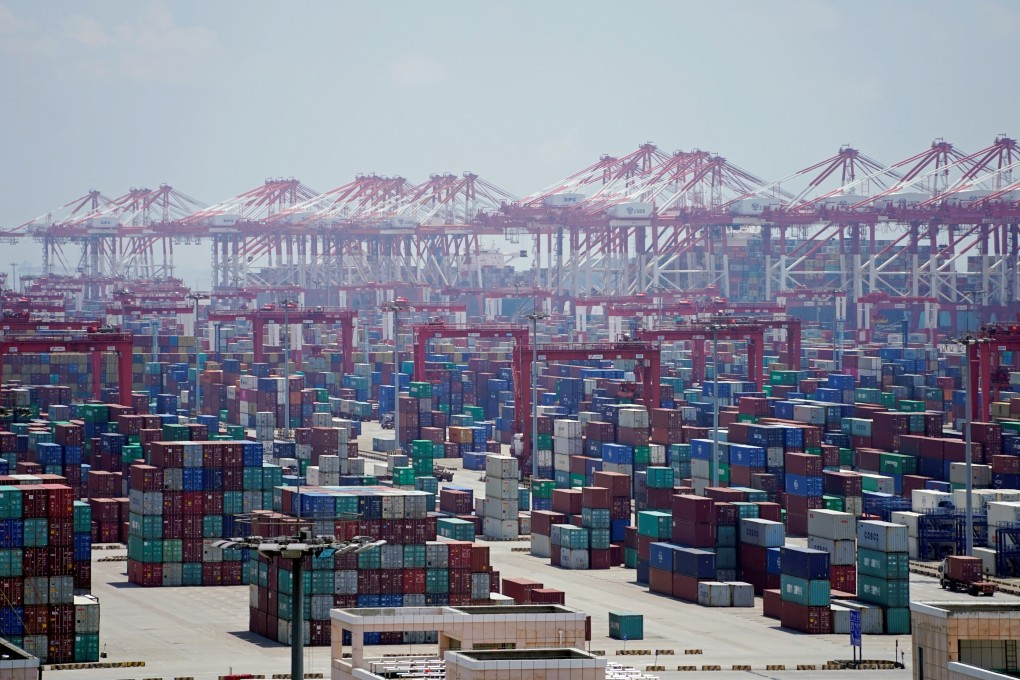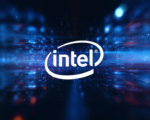The U.S. Commerce Department has added six subsidiaries of Inspur Group, a leading Chinese cloud computing and big data service provider, to its export restrictions list, along with nearly 80 other Chinese entities. This move is part of broader efforts to limit China’s access to high-performance computing, quantum technologies, and advanced AI, as well as to curb China’s military advancements, including its hypersonic weapons program.
Restrictions on Inspur Group and Other Chinese Entities
The six Inspur subsidiaries, located in China and Taiwan, were added to the list for allegedly contributing to the development of supercomputers used by the Chinese military. Inspur Group itself was placed on the list in 2023. The addition of these companies is part of a larger batch of entities, including over 50 based in China, as well as companies from Taiwan, Iran, Pakistan, South Africa, and the UAE.
The U.S. Commerce Department aims to prevent adversaries from exploiting American technology to enhance their military capabilities, particularly focusing on technologies related to supercomputing, quantum computing, and AI.
U.S. Government’s Stance on National Security
U.S. Commerce Secretary Howard Lutnick expressed the importance of preventing adversaries from using American technology to threaten national security. He emphasized that these restrictions are designed to disrupt the development of high-performance computing technologies, which could support the development of military systems like hypersonic missiles and advanced drones.
In addition to targeting Chinese companies, the U.S. also aimed to disrupt Iran’s ability to procure drones and related defense technologies, which have been a concern for U.S. national security.
China’s Response and Diplomatic Tensions
China’s foreign ministry condemned the U.S. action, asserting that it was detrimental to dialogue and cooperation between the two nations. The Chinese embassy in Washington expressed firm opposition, accusing the U.S. of politicizing trade and technology issues under the guise of military concerns.
The response highlights ongoing tensions between the U.S. and China over technology and trade, with China vowing to take necessary measures to protect the interests of its enterprises.
Impact on the Tech Industry
The addition of these entities to the Entity List has significant implications for U.S. technology firms, as companies cannot sell goods to those on the list without a license, which is typically denied. Notably, chip manufacturers like AMD and Nvidia have been scrutinized for their dealings with Inspur Group. It’s unclear whether these companies have ceased supplying components to Inspur’s subsidiaries, as no immediate comments were provided by the companies.
Other Chinese firms, including Nettrix Information Industry Co and Suma Technology Co, were added for their role in developing Chinese exascale supercomputers and providing manufacturing capabilities to other restricted companies.
Broader Implications
The U.S. is continuing to use its export control list to exert pressure on China’s technological and military developments, particularly in areas that could pose a threat to U.S. security interests. This expansion of restrictions is likely to intensify the tech and trade war between the two nations, as China seeks to maintain its advancements in high-tech industries, particularly AI and supercomputing.


















